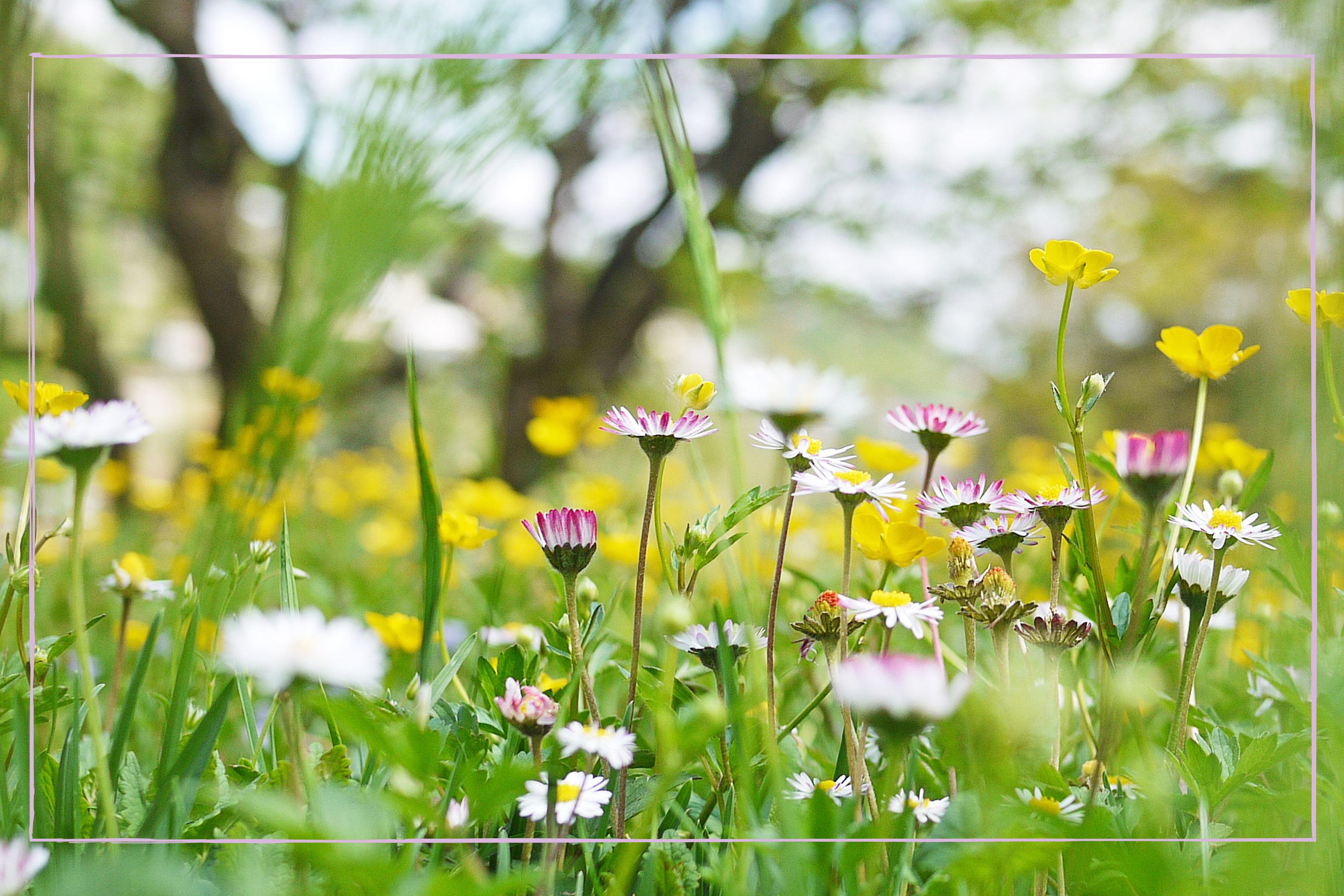When do the clocks go forward and when does spring start in 2024?
The exact date and time the clocks change in 2024


Finally the days are getting warmer, and the increasing temperatures have left many wondering when the clocks go forward and when is the official first day of spring.
After months of wondering when will it get warmer and when does it start to get lighter in the UK, it looks like the weather is finally turning and spring has arrived. And with spring comes daylight saving time, and the clocks going forward.
It can be a confusing concept to get your head around - especially for young children, which leaves parents all over eager for clock change tips for kids. So whether you're keen to know when you need to wind those clocks forward, when you can officially start enjoying spring and why we change the clocks anyway, here's what you need to know about the clocks going forward in 2024.
When do the clocks go forward in 2024?
In 2024, the clocks go forward at 1am on Sunday 31 March. This is the start of Daylight Savings, which is the process of pushing the clocks forward by an hour so that dark falls later in the evening.
The change always occurs on the last Sunday in March, and the period of the year from then until the clocks go back again is also known as British Summer Time (BST).
Then, on Sunday 27 October, the clocks will go back by one hour - known as Greenwich Mean Time (GMT). An easy way to remember which way round this happens is to say the clocks ‘spring forward’ at the start of spring.
Why do the clocks change?
The reason the clocks change is to make better use of natural daylight in the morning. During the summer time, changing the clocks mean we get up an hour earlier, so we lose an hour of daylight from the morning and instead it stays lighter for an hour in the evening - which reduces our energy consumption.
Parenting advice, hot topics, best buys and family finance tips delivered straight to your inbox.
Benjamin Franklin first campaigned to change the clocks during his time in Paris in 1784. The idea was opposed, but in 1907 William Willett published a pamphlet called 'The Waste of Daylight', suggesting changing the clocks by 80 minutes in four separate moves.
The Government at the time decided that Willett’s proposal was too complicated, but in 1916 the idea was implemented in the UK when the first Daylight Saving Bill was brought before the House of Commons, which established the practice of putting the clocks forward an hour during the summer.
According to The Royal Museum Greenwich, "The original campaign attempted to argue that by changing the clocks during the summer people in the northern hemisphere could make more use of the earlier daylight hours."
The decision to change the clocks over a weekend on a Saturday night into Sunday morning was made so there would be minimal disruption for schools and businesses.
When does spring start in 2024?
When spring starts depends on whether you are counting the first day of meteorological spring or astronomical spring. Meteorological spring begins on 1 March, whereas astronomical spring varies each year.
Meteorological spring is determined by the way meteorologists divide seasons into periods of three whole months based on average monthly temperatures. March, April and May are considered to be spring, and therefore meteorological spring starts on 1 March.
However, astronomical spring is determined by the equinoxes, which means the date when the length of the day and night are equal. This occurs twice each year, at the start of spring and the start of autumn. The dates vary, and this year spring equinox takes place on March 20.
Spring then ends on 20 June, when summer solstice occurs. Meanwhile, according to the meteorological calendar, summer starts on 1 June.

Ellie is GoodtoKnow’s Family News Editor and covers all the latest trends in the parenting world - from relationship advice and baby names to wellbeing and self-care ideas for busy mums. Ellie is also an NCTJ-qualified journalist and has a distinction in MA Magazine Journalism from Nottingham Trent University and a first-class degree in Journalism from Cardiff University. Previously, Ellie has worked with BBC Good Food, The Big Issue, and the Nottingham Post, as well as freelancing as an arts and entertainment writer alongside her studies. When she’s not got her nose in a book, you’ll probably find Ellie jogging around her local park, indulging in an insta-worthy restaurant, or watching Netflix’s newest true crime documentary.